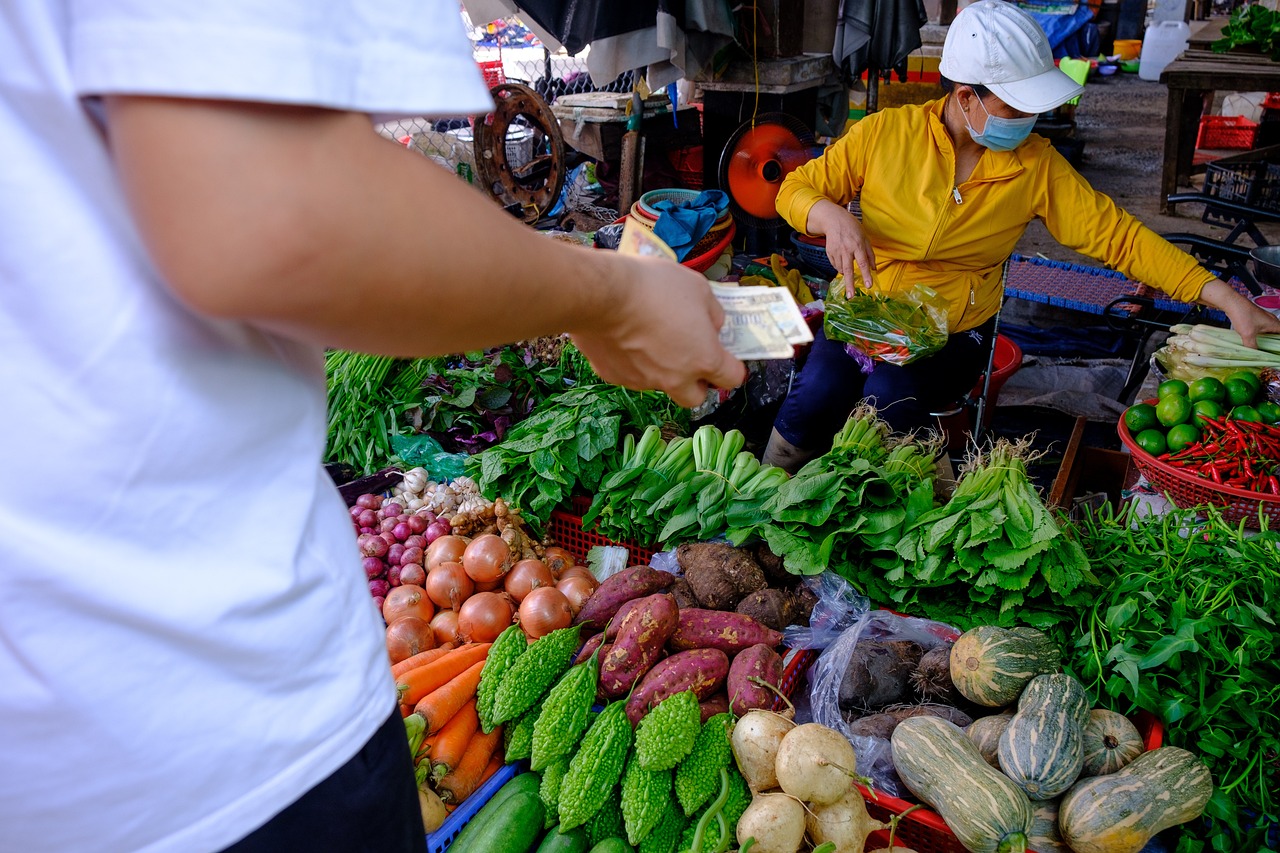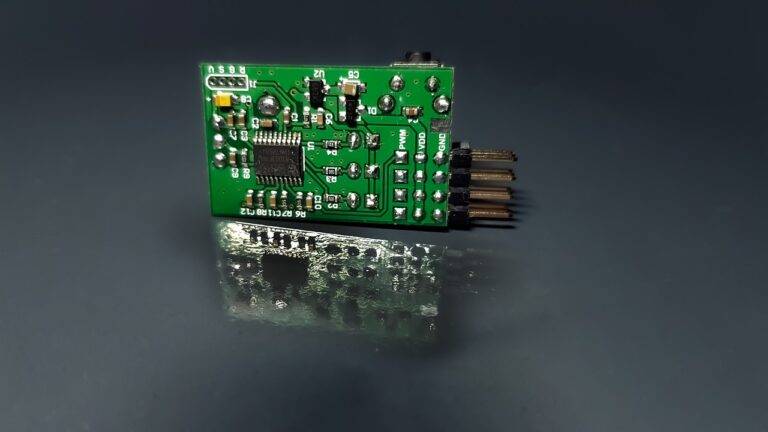The Future of Agricultural Sustainability: 11xplay sign up, Laser247 com, World777 register
11xplay sign up, laser247 com, world777 register: The future of agricultural sustainability is a topic that has garnered increasing attention in recent years, as the impacts of climate change and growing global population continue to put pressure on our food systems. Sustainable agriculture is not just a buzzword – it is a necessity for ensuring food security, protecting the environment, and promoting economic development in rural communities.
However, achieving agricultural sustainability is no easy feat. It requires a holistic approach that takes into account not just the environmental impact of farming practices, but also the social and economic dimensions of food production. In this article, we will explore some of the key challenges facing agricultural sustainability and discuss potential solutions for ensuring a more sustainable future for agriculture.
The Challenges of Agricultural Sustainability
One of the biggest challenges facing agricultural sustainability is the increasing demand for food caused by a growing global population. According to the United Nations, the world’s population is expected to reach 9.7 billion by 2050, which will require a significant increase in food production. This puts pressure on farmers to intensify their agricultural practices, leading to issues such as soil degradation, water pollution, and deforestation.
Another challenge facing agricultural sustainability is climate change. Rising temperatures, changing precipitation patterns, and more frequent extreme weather events are already impacting crop yields and agricultural productivity. Farmers are having to adapt to these changes by implementing new technologies and practices, such as precision agriculture and drought-resistant crops, but there is still a long way to go in terms of building resilience to climate change.
Aside from environmental challenges, there are also social and economic factors that need to be considered in ensuring agricultural sustainability. Small-scale farmers often struggle to access markets, credit, and technology, making it difficult for them to adopt sustainable farming practices. Additionally, the concentration of power in the hands of a few agribusiness companies can lead to exploitation of farmers and environmental degradation.
Solutions for Agricultural Sustainability
Despite these challenges, there are a number of solutions that can help promote agricultural sustainability and ensure a more secure future for food production. One key solution is to promote agroecological farming practices, which focus on building healthy soils, promoting biodiversity, and using resources efficiently. Agroecology can help farmers increase their resilience to climate change, reduce the need for synthetic inputs, and improve the overall health of their farms.
Another important solution is to support small-scale farmers and promote local food systems. By investing in infrastructure, market access, and training for small-scale farmers, we can help ensure that they have the resources they need to adopt sustainable farming practices. Local food systems also help reduce food miles, support rural economies, and increase food security for communities.
In addition to promoting agroecology and supporting small-scale farmers, it is also important to invest in research and innovation to develop new technologies and practices for sustainable agriculture. This includes developing more efficient irrigation systems, breeding crops for resilience to climate change, and promoting precision agriculture techniques that can reduce waste and improve productivity.
Overall, achieving agricultural sustainability requires a coordinated effort from farmers, policymakers, researchers, and consumers. By working together to promote agroecology, support small-scale farmers, and invest in research and innovation, we can ensure a more sustainable future for agriculture and help build a more resilient food system for generations to come.
FAQs
Q: What is sustainable agriculture?
A: Sustainable agriculture is a way of farming that seeks to produce food in a way that is environmentally friendly, socially responsible, and economically viable. It focuses on building healthy soils, promoting biodiversity, and using resources efficiently to ensure the long-term health of the land.
Q: How can I support sustainable agriculture as a consumer?
A: As a consumer, you can support sustainable agriculture by buying organic and locally grown food, eating less meat, and reducing food waste. You can also support farmers markets, community-supported agriculture programs, and other initiatives that promote sustainable food production.
Q: What role do policymakers play in promoting agricultural sustainability?
A: Policymakers play a crucial role in promoting agricultural sustainability by creating incentives for farmers to adopt sustainable practices, investing in research and innovation, and supporting small-scale farmers. They can also enact regulations and policies that promote environmental protection and social justice in the food system.







